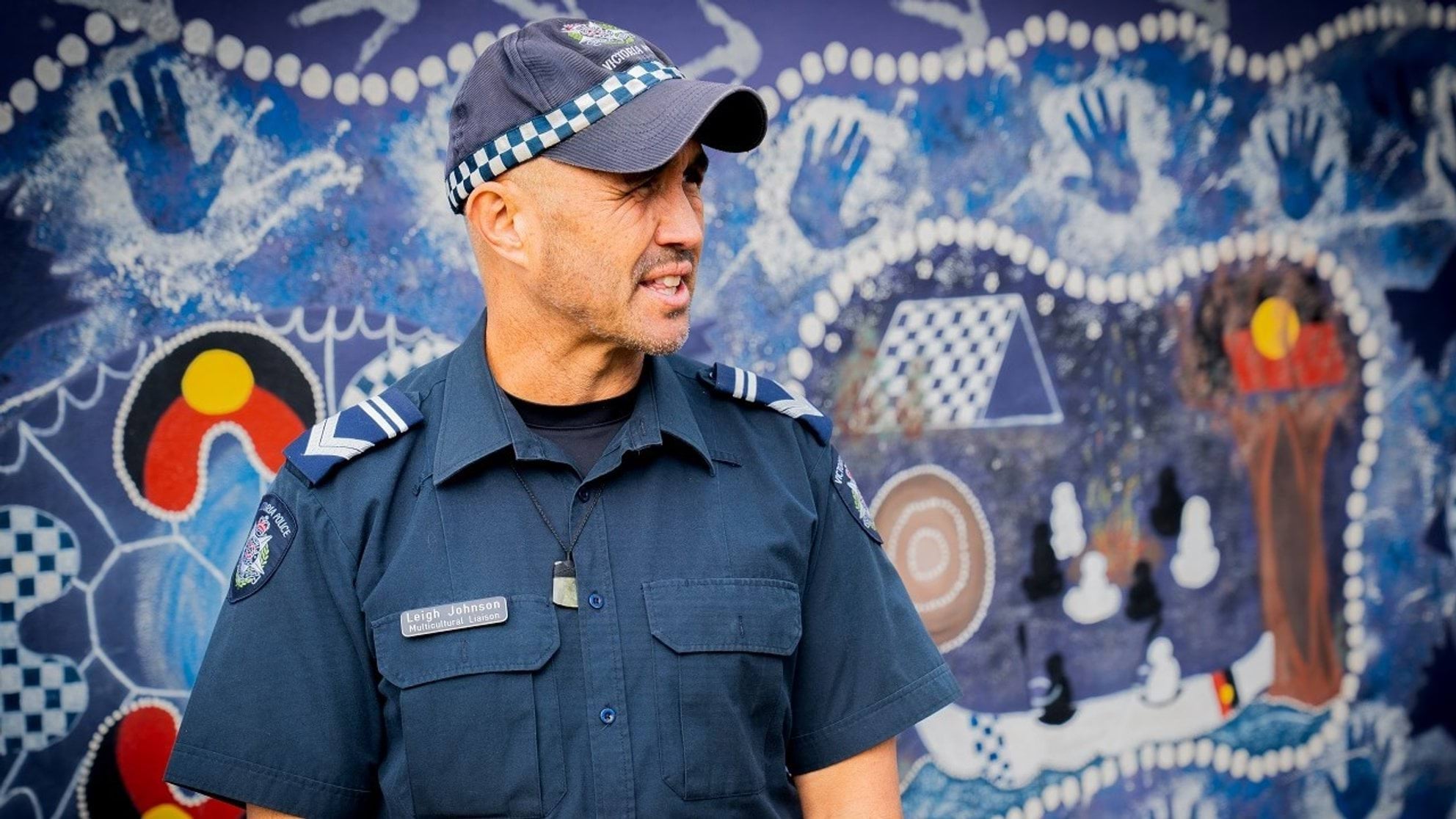People experiencing mental ill-health will want and need support in different ways. For someone experiencing a mental health issue such as anxiety or depression, a compassionate and patient support system is vital.
As a family member or close friend, you might be the first to notice changes in someone’s mood and behaviours. Your support may be crucial to your friend or loved one’s recovery and will help to reassure them that they’re not alone.
You can become the strong motivator for someone to seek help. Your support may help them to confront their issues and provide a source of strength to assist in their recovery. Find out how as a family member or friend of an emergency service worker you can support them through a traumatic event, either during or after service.
How can I help?
It’s important to remember that it’s not your job to be a counsellor or to diagnose symptoms of mental ill-health. However, by asking how someone feels, showing understanding, and offering encouragement and compassion you can provide valuable support.
A personal perspective
We asked current Victoria Police employee, Mark, about his personal experience with mental health and the advice he would give to family and support people in terms of helping someone in a similar situation.
Question for Mark: Thinking about the time you first became unwell, what would you want your family to know?
Mark: That my brain is injured from trauma that I've been involved in, and my behaviours have changed and will continue to change until I can be treated. I’d want them to know things like…
- I may flare up at small matters that may seem insignificant
- I become uncomfortable in crowds
- I’m susceptible to sudden loud noises
- I don’t want to socialise with others
- I may not want to do things that I used to love doing
- I’m hyper vigilant (For example, on edge; sensitive, overwhelmed, and/or overreactive to noise and sudden changes in my environment; scanning for risk; feel threatened)
A message for my family
Mark: These are some things you can do that will be incredibly helpful to my recovery:
- Be patient with me
- The best you can do is no unexpected loud noises
- Plan activities ahead and be prepared for me not to attend
- Set boundaries. Just because I am mentally injured, doesn’t mean I can go on drinking or gambling binges, or yell and scream without any recourse
- Expect me to be exhausted from treatment
- Expect that I will have good days and then suddenly a bad day and sometimes, very bad days
- Sometimes I just have to retreat to the bedroom and shut the day off just to get through it
- Just because I have a mental injury, doesn’t mean that I am going to suicide
- Have a look at reputable websites like Beyond Blue and SANE
How to talk about suicide
People experiencing a mental health crisis can sometimes think about dying by suicide, also referred to as ‘suicidal ideation’ (SI). Often if someone is having thoughts about ending their life by suicide they don’t necessarily want to die - they want to stop having painful thoughts and feelings, and they need someone to help them.
When asking someone about thoughts of suicide stay calm and let them know you are there to listen and help. These conversations may be distressing and overwhelming for you - remember to look after yourself as well.
When in doubt, ask
Tell the person that you’ve noticed a change in their behaviour and want to know how things are going for them.
Don’t be afraid to ask them, 'Are you thinking about suicide?'
- It shows them that you care.
- It shows them someone is willing to talk about it and listen to them.
Assess the person’s safety by asking if they’ve thought about how, when and where they are considering suicide. Asking about suicide in detail can decrease the risk because it helps the person feel heard and less alone.
Give them space to talk about what is happening before moving onto the topic of what to do next.
What do I say? What do I do?
There are many helpful online resources that talk you through how to ask someone if they are thinking about suicide, and how to respond if they are. Start by visiting the website Conversations Matter.
What to do in a crisis
Updated


